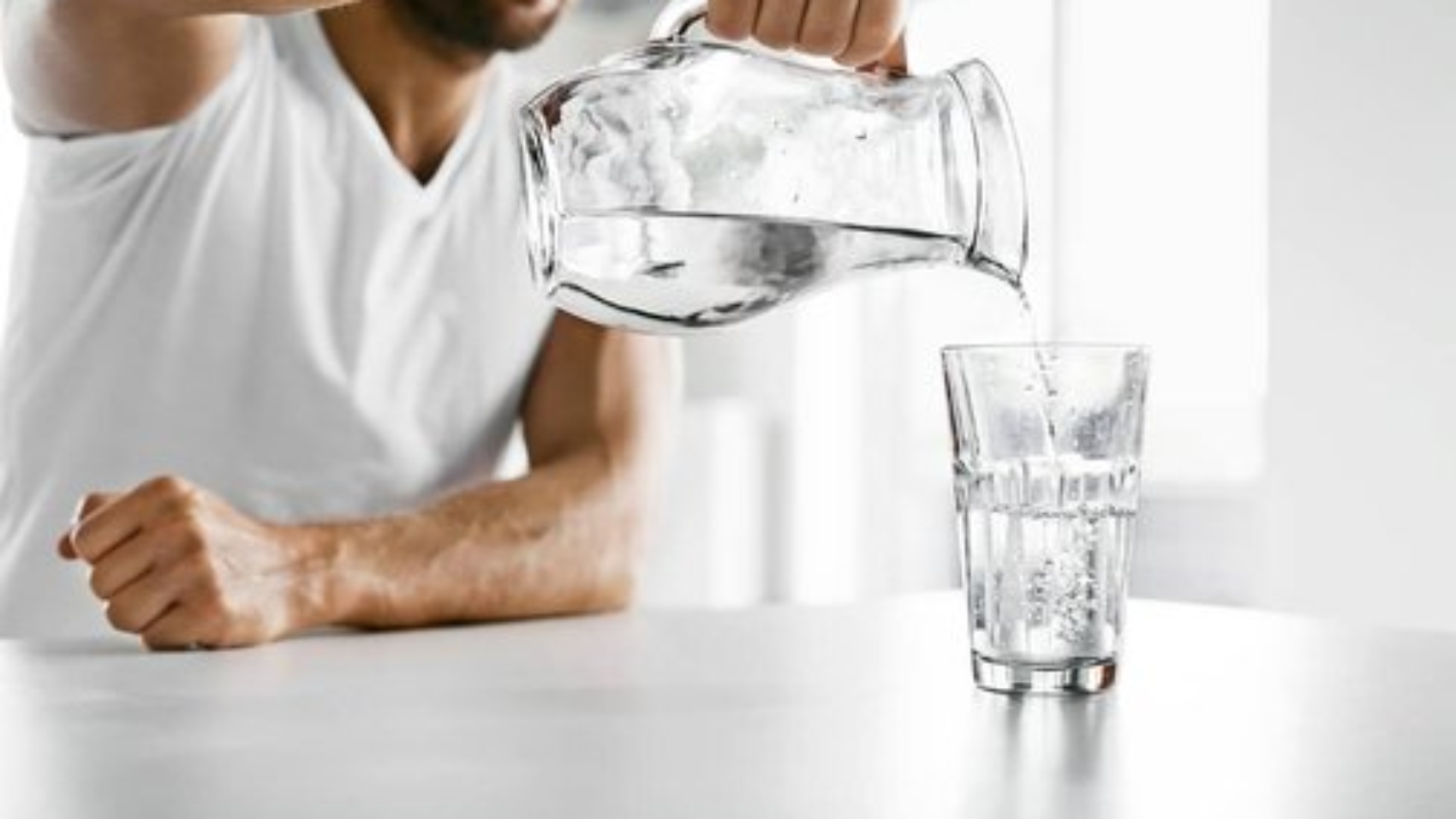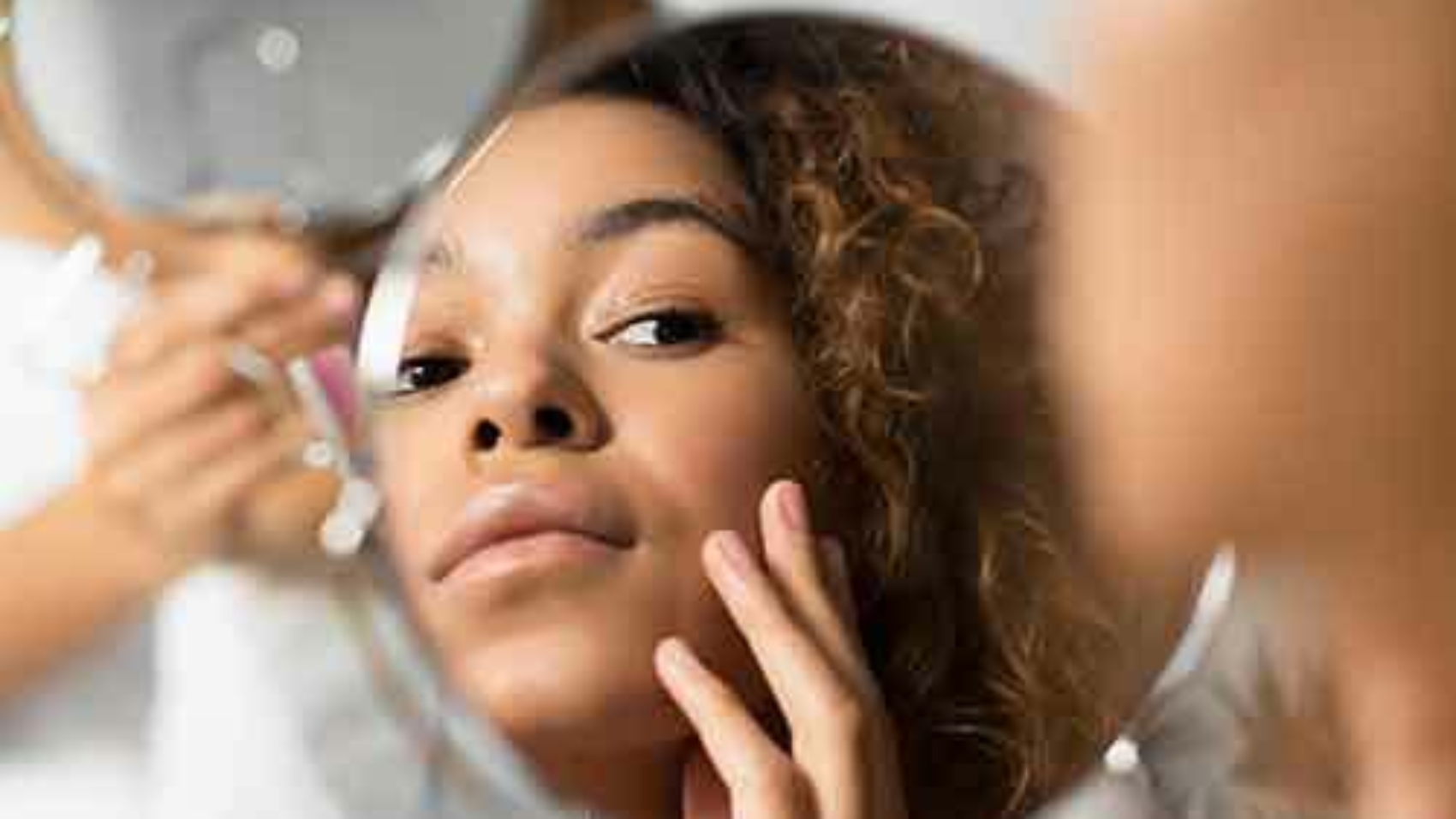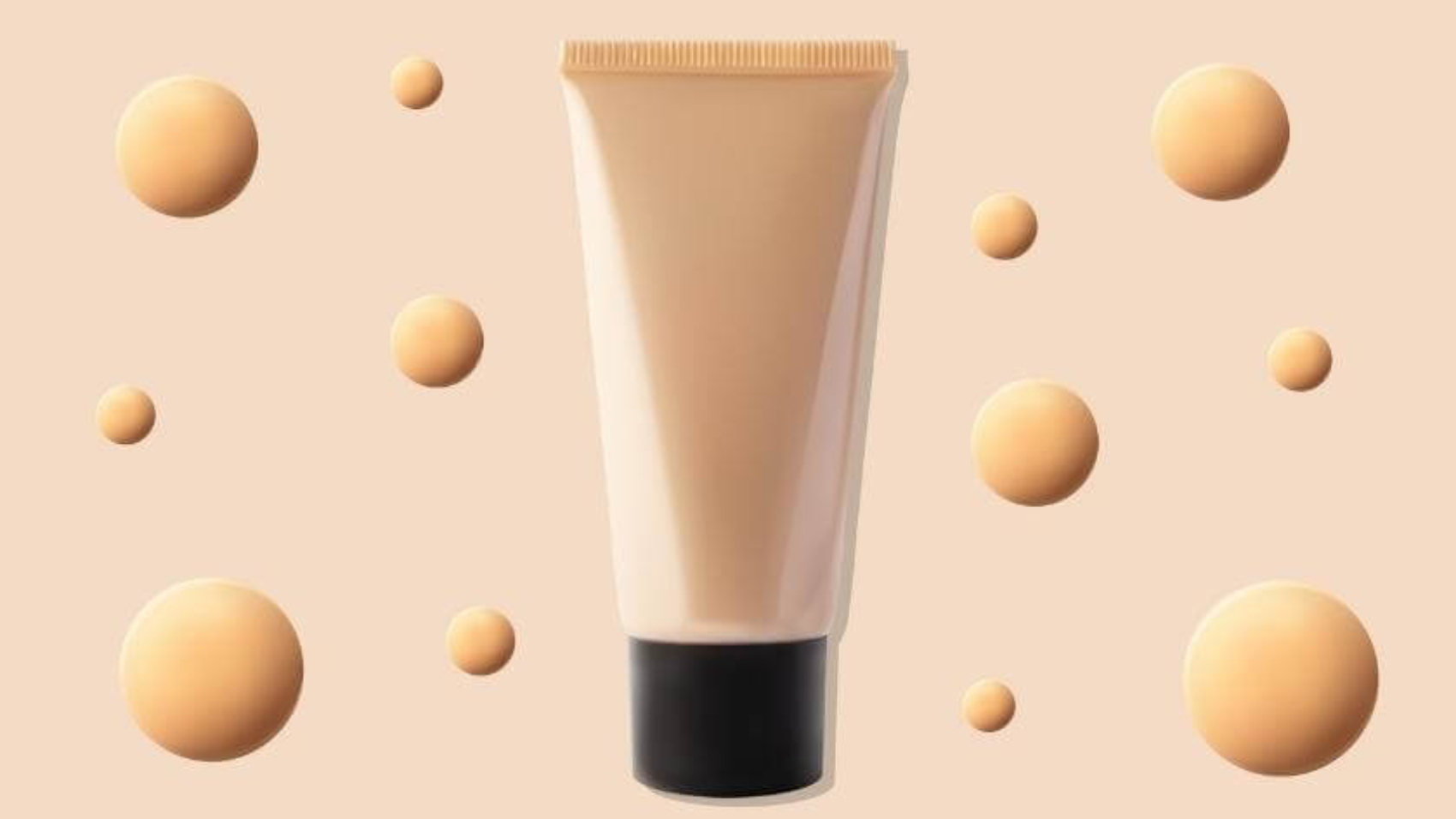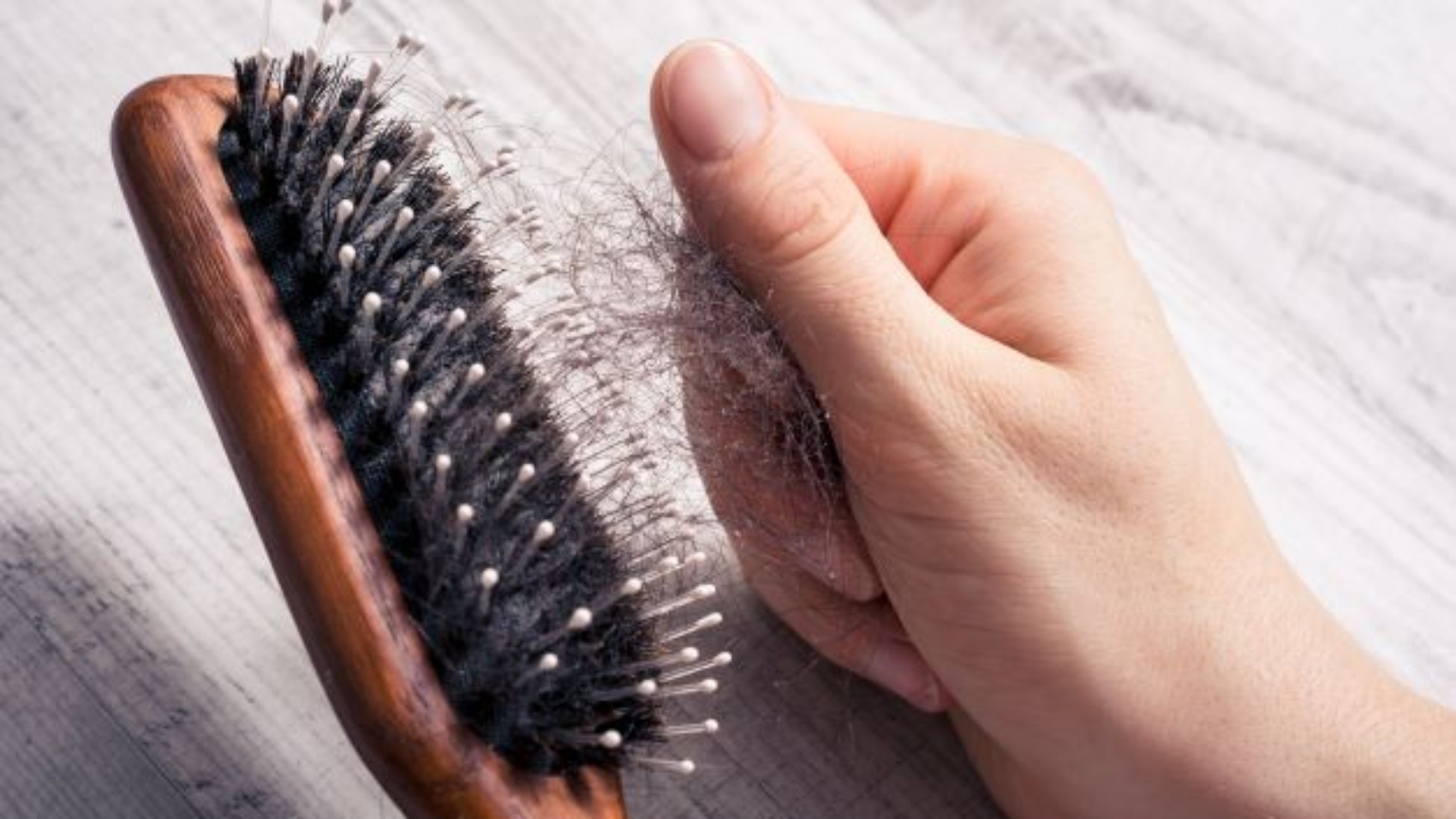SPONSORED ADVERTISING CONTENT
Confused over collagen? We asked a skincare specialist to deliver the answers you want to know!
Advertiser Disclosure
Here at Smarter Reviews, we are committed to providing you with the information you need to make the best decisions for a happy, healthy, and active lifestyle. In this edition of Health Q&A, we’ll dig deep into your concerns about the supplement everyone’s talking about — Collagen.
We’ve compiled our readers’ most-asked questions about Collagen. And we’ve invited renowned New York City dermatologist Leah Ansell to give us her take on collagen and collagen peptides, along with answers to your most pressing questions about this buzzworthy product.
To kick off the conversation, we asked Dr. Ansell if she could simply describe what collagen is.
“Collagen is one of the most abundant proteins in the body comprising 80 percent of our skin. And it’s the main structural protein that forms the connective web of tissue in our skin, muscles, bones, tendons and ligaments. Along with elastin, it contributes to healthy-looking skin.”
So with that definition in mind, let’s dive right into your questions!
Q: Does Collagen Make You Gain Weight?
A: The short answer is “it depends”. You can start to see the effects of collagen supplementation on the skin in as little as four weeks. One study has demonstrated increased collagen density as well as an increase in skin elasticity after four weeks of collagen supplementation.
Our bodies naturally produce collagen, but since this process declines as we age, maintaining healthy levels of collagen really is a concern for everyone. To see the best long-term benefits of oral collagen, however, it should part of your regular routine, as our bodies are constantly degrading collagen, especially as we get older.
Empty heading
Collagen Loss With Age
.jpg)
Q: Does Collagen Make You Gain Weight?
A: Collagen on its own should not make you gain or lose a significant amount of weight. Just be sure to follow the directions closely as different brands and formulations have their own administration protocol.
Q: Can You Restore Collagen In The Face?
A: Collagen is one of the most abundant proteins in the body and contributes to the appearance and quality of skin including on our faces. It’s not just the quantity of collagen but the quality. And no skin, however collagen-rich, is immune to time, gravity, and environment. Weathered, dry skin, for example, becomes more prominent as we age, due to the accelerated fragmentation of the collagen network in the dermis.
But the answer is yes. Oral collagen supplements have been demonstrated in studies to lead to healthier-looking skin. Hydrolyzed collagen peptides in supplement form have been shown to improve skin hydration and increase the density of collagen in the dermis, including in the face. A systematic review of the literature on oral collagen supplementation demonstrated that oral collagen increased skin elasticity, hydration and dermal collagen density.
Because collagen is a large molecule, it is difficult for it to penetrate the skin and reach the deep dermis, where it is found. Therefore, topical collagen products have not been found to be very effective at least when it comes to restoring collagen in the face.
Q: Can collagen peptides give you acne?
A: No. Collagen has not been shown to worsen breakouts or cause acne. In fact, quite the opposite – one review showed that taking 3-10 grams of collagen daily led to improvement in skin elasticity and hydration. Another frequent area of concern is the gut. And hydrolyzed collagen peptides may be beneficial to gut health because it contains amino acids like glycine, glutamine and proline, though studies and scientific evidence are lacking to support this claim.
Q: What is bovine collagen?
A: Collagen can be derived from a wide variety of sources – pigs, chickens, eggs as well as marine species such as fish and jellyfish. But bovine collagen is collagen derived from cows. To produce it, cow bones are boiled in water and collagen is extracted. It is then dried and powdered to form a supplement.
Q: Does collagen help with hair loss?
A: While the data is lacking on whether collagen supplements improve hair loss, collagen does contain amino acids that, when broken down, can be used to build keratin, the main protein in hair. Human studies are lacking, making it difficult to know if this protein promotes hair growth.
Collagen supplements have been used to help with arthritis and aging bones and joints, but there is little hard data showing if it works or not. However, collagen supplements are generally safe and may be worth a try for a natural approach.
Q: Does collagen break a fast?
A: I understand why this is a concern, especially with so many different diets and food plans on the market. Pure collagen peptides should not affect one’s keto diet. It’s important to ensure there are no added ingredients, however. Hydrolyzed collagen peptides are generally not considered a nutritious food, and should not be used as a stand-in for collagen in one’s diet. There are foods that can naturally boost one’s collagen. Bone broth is a collagen-rich food, which boasts many health benefits. Chicken, fish, shellfish and egg whites are other examples of collagen-rich foods.
Q: Does collagen make you poop?
A: Most people will not notice any digestive changes when ingesting collagen. Serious side effects are rare. It’s important to look at the ingredients in each supplement as everyone is different. But, pure hydrolyzed collagen peptides should not affect your digestion or metabolism in any noticeable way.
QUESTIONS REPEAT IN BOX FORMAT
Q: How Long Does Collagen Take To Work?
A: The short answer is “it depends”. You can start to see the effects of collagen supplementation on the skin in as little as four weeks. One study has demonstrated increased collagen density as well as an increase in skin elasticity after four weeks of collagen supplementation.
Our bodies naturally produce collagen, but since this process declines as we age, maintaining healthy levels of collagen really is a concern for everyone. To see the best long-term benefits of oral collagen, however, it should part of your regular routine, as our bodies are constantly degrading collagen, especially as we get older.
Q: Does Collagen Make You Poop?
A: Most people will not notice digestive changes when ingesting collagen. Serious side effects are rare. It’s important to look at the ingredients in each supplement as everyone is different. But, pure hydrolyzed collagen peptides should not affect your digestion or metabolism in any noticeable way.
Q: Does Collagen Make You Gain Weight?
A: Collagen on its own should not make you gain or lose a significant amount of weight. Just be sure to follow the directions closely as different brands and formulations have their own administration protocol.
Q: Can You Restore Collagen in the Face?
A: Collagen is one of the most abundant proteins in the body and contributes to the appearance and quality of skin including on our faces. It’s not just the quantity of collagen but the quality. And no skin, however collagen-rich, is immune to time, gravity, and environment. Weathered, dry skin, for example, becomes more prominent as we age, due to the accelerated fragmentation of the collagen network in the dermis.
But the answer is yes. Oral collagen supplements have been demonstrated in studies to lead to healthier-looking skin. Hydrolyzed collagen peptides in supplement form have been shown to improve skin hydration and increase the density of collagen in the dermis, including in the face. A systematic review of the literature on oral collagen supplementation demonstrated that oral collagen increased skin elasticity, hydration and dermal collagen density.
Because collagen is a large molecule, it is difficult for it to penetrate the skin and reach the deep dermis, where it is found. Therefore, topical collagen products have not been found to be very effective at least when it comes to restoring collagen in the face.
Q: Can Collagen Peptides Give You Acne?
A: No. Collagen has not been shown to worsen breakouts or cause acne. In fact, quite the opposite – one review showed that taking 3-10 grams of collagen daily led to improvement in skin elasticity and hydration.
Another frequent area of concern is the gut. And hydrolyzed collagen peptides may be beneficial to gut health because it contains amino acids like glycine, glutamine and proline, though studies and scientific evidence are lacking to support this claim.
Q: Can Collagen Help With Hair Loss?
A: While the data is lacking on whether collagen supplements improve hair loss, collagen does contain amino acids that, when broken down, can be used to build keratin, the main protein in hair. Human studies are lacking, making it difficult to know if this protein promotes hair growth.
Collagen supplements have been used to help with arthritis and aging bones and joints, but there is little hard data showing if it works or not. However, collagen supplements are generally safe and may be worth a try for a natural approach.
Q: Does Collagen Break A Fast?
A: I understand why this is a concern, especially with so many different diets and food plans on the market. Pure collagen peptides should not affect one’s keto diet. It’s important to ensure there are no added ingredients, however. Hydrolyzed collagen peptides are generally not considered a nutritious food, and should not be used as a stand-in for collagen in one’s diet. There are foods that can naturally boost one’s collagen. Bone broth is a collagen-rich food, which boasts many health benefits. Chicken, fish, shellfish and egg whites are other examples of collagen-rich foods.
Q: What Is Bovine Collagen?
A: Collagen can be derived from a wide variety of sources – pigs, chickens, eggs as well as marine species such as fish and jellyfish. But bovine collagen is collagen derived from cows. To produce it, cow bones are boiled in water and collagen is extracted. It is then dried and powdered to form a supplement.
Collagen Endorsement Goes Here
This is the intro to the awesome endorsement that Dr. Ansell is writing for us after she tries the product for a while and can speak to its deliciousness and effectiveness.
Read en Smarter Choices









.jpg)

.jpg)
